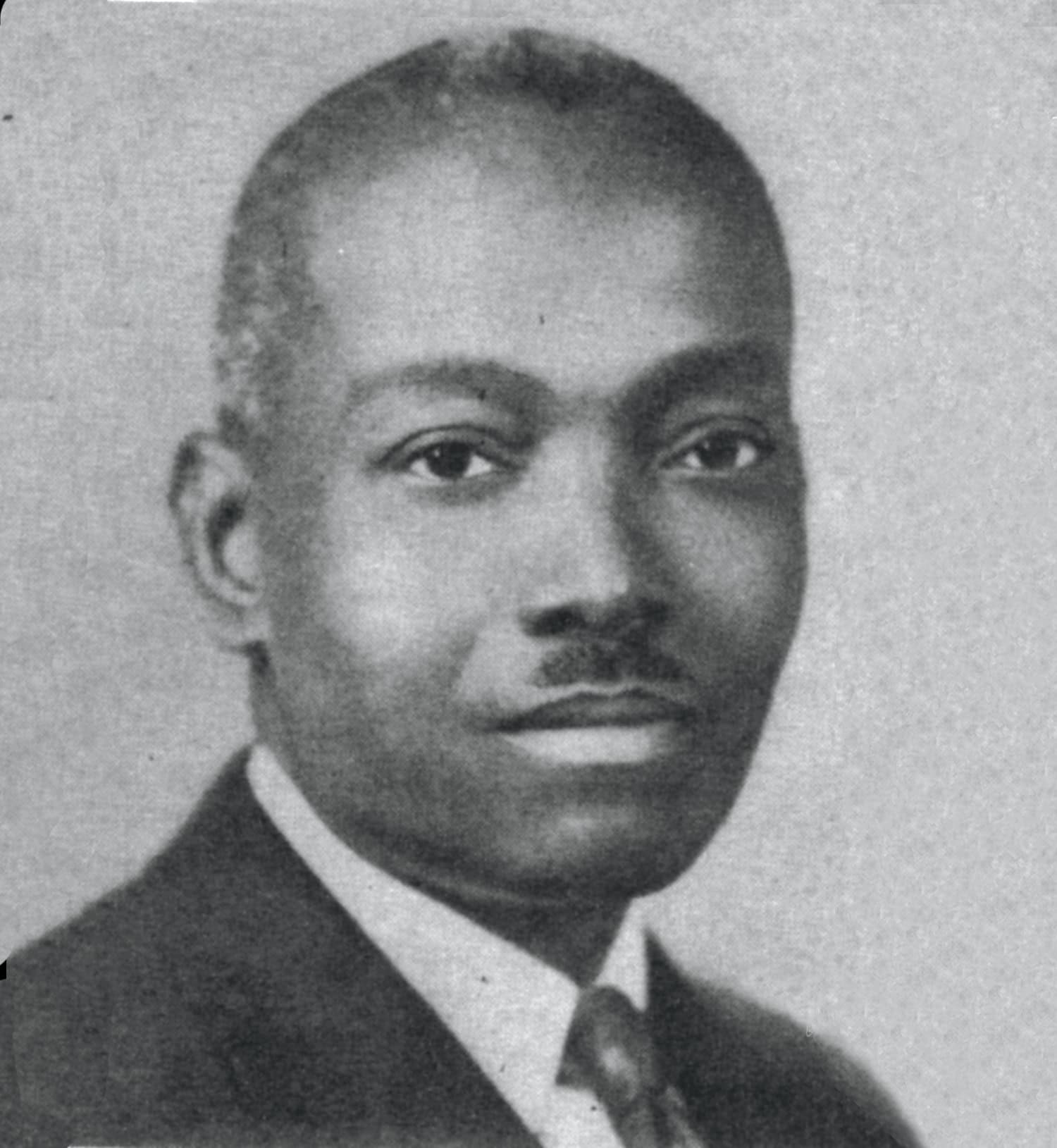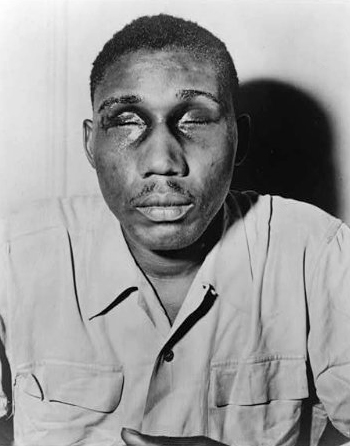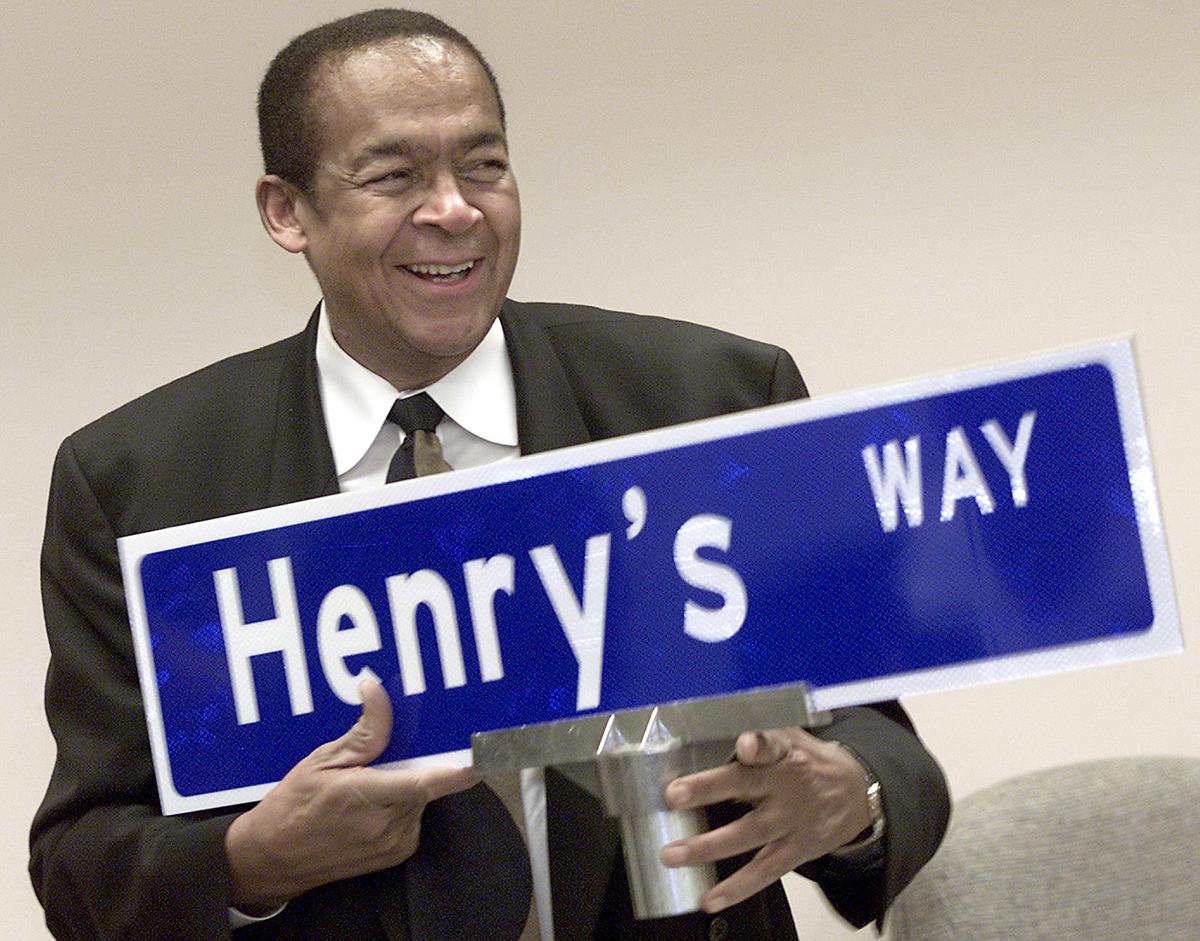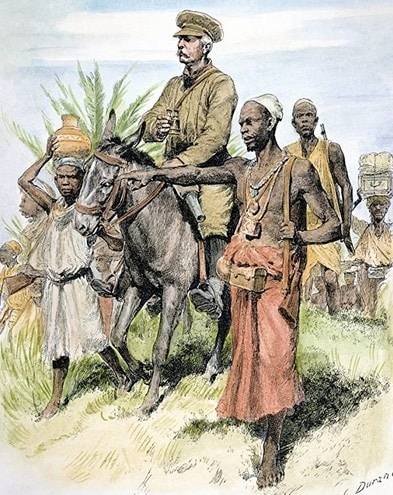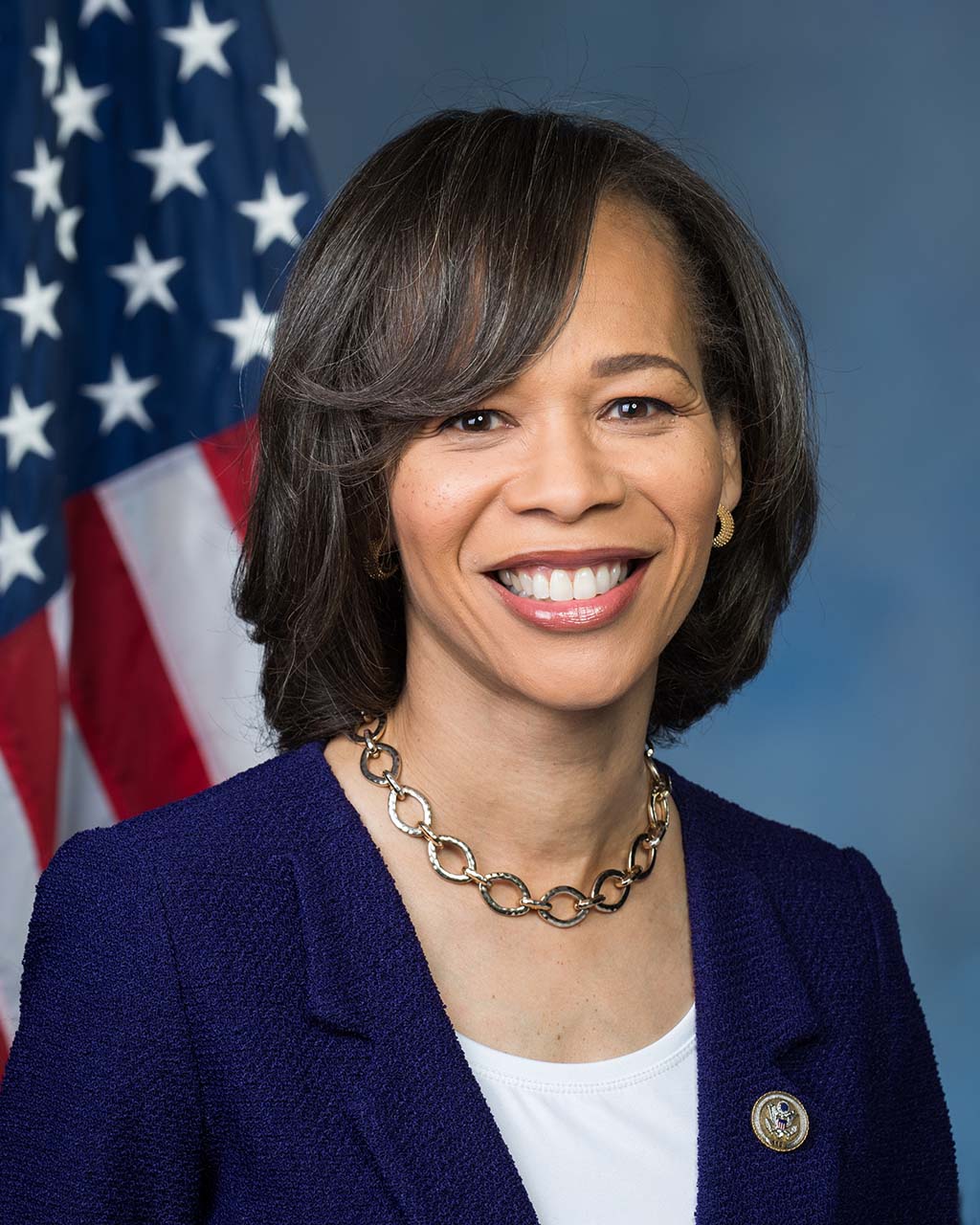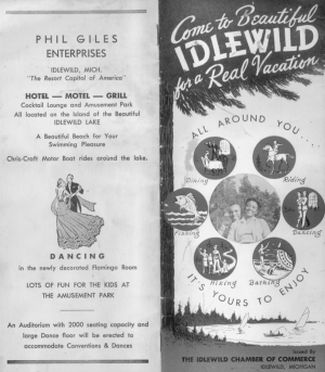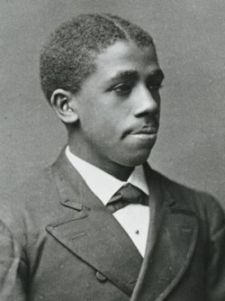Pastor, Civil Rights Activist, and Boulé President Arthur F. Elmes, was born on March 30, 1890, in St. John’s, Antigua, West Indies. He had one sister, Mae Elmes. His early education was with the Moravian church missionaries. Afterward, he taught school in St. John’s and soon left for New York City, where he worked as an elevator operator for a while. He then traveled to Washington, DC, to complete a Master of Divinity degree at the Howard University School of Divinity.
In 1918, Elmes moved to Wilmington, North Carolina to serve as the pastor of First Congregational Church. The following year, 1919, he became the first president of this newly formed branch of the Wilmington chapter of the NAACP. In 1921, Elmes married Kathryn Hooper from Wilmington, and they parented Arthur Edwin Elmes and Kathryn Elmes Parker.
Elmes left North Carolina in 1926 to become president of the Washington Ministerial Union. He also served as the Sixth Senior Minister of the Peoples Congregational United Church of Christ, a post he held until his passing in 1963.
Under Elmes’ visionary leadership, the church underwent a significant transformation, relocating from the modest Nash Hall at 708 O Street NW in Washington, DC in 1954 to a new and larger site at 4704 13th Street NW. Here, the Elmes Center was constructed in his honor.
In 1961, in a historic move, the Peoples Congregational Church voted to join the United Church of Christ, a move that followed the merger of the Congregational and Christian Churches with the Evangelical and Reformed Churches.
Elmes was a revered minister, engaging speaker, and thoughtful theologian. In 1940, he captivated audiences with a summer series of messages featuring evocative titles such as “Leaves from a Carpenter’s Notebook,” “Empty Houses and Unfinished Walks,” and “So, This Is My Religion,” encouraging deep reflection on faith and its relevance in daily life.
A standout moment in Elmes’ ministry came on February 28, 1950, when he, alongside the 86-year-old civil rights activist Mary Church Terrell, courageously stood against the pervasive discrimination of their time. They sought service at restaurants and theaters, challenging the status quo through organized picket lines, boycotts, negotiations, and court suits to dismantle discriminatory practices in public accommodations. Their attempt to enter Thompson’s Restaurant at 725 14th Street NW was denied. At that time, DC had existing laws from 1872 and 1873 intended to prohibit such discrimination. Their advocacy contributed to a broader movement for civil rights, culminating in 1953 when the U.S. Supreme Court upheld the “Lost Laws,” marking a monumental step toward the end of legal discrimination in public accommodations, just a year before the landmark Brown v. Board of Education case.
On November 21, 1957, during the opening session of the Institute on Muslim-Christian Cooperation at Foundry United Methodist Church in DC, Elmes addressed a diverse gathering at Dupont Circle, eloquently discussing the nuances of the Christian understanding of Islam, thus fostering interfaith dialogue and cooperation.
Rev. Arthur F. Elmes, a Past Grand Sire Archon (National President) of Sigma Pi Phi Fraternity from 1950 to 1952, died on December 29, 1963, in Washington, DC. Rev. Elmes was 73.

